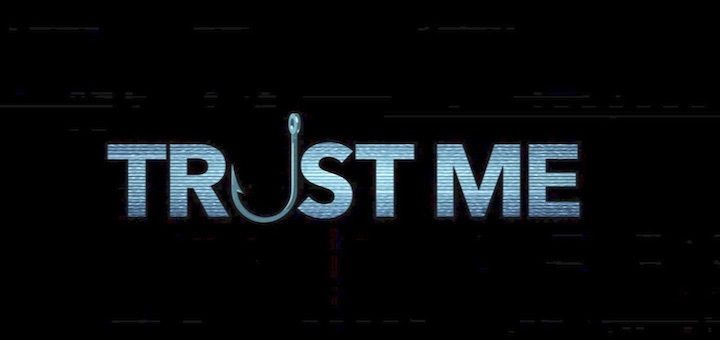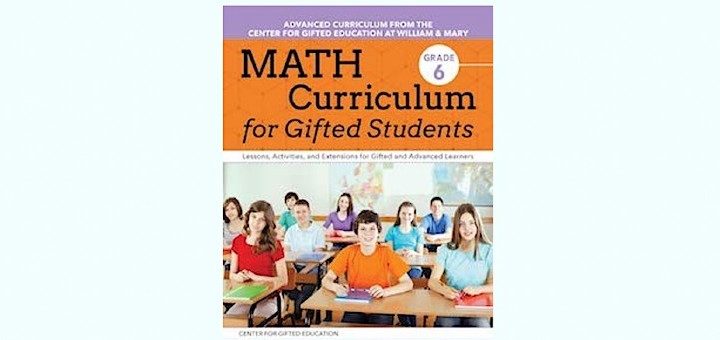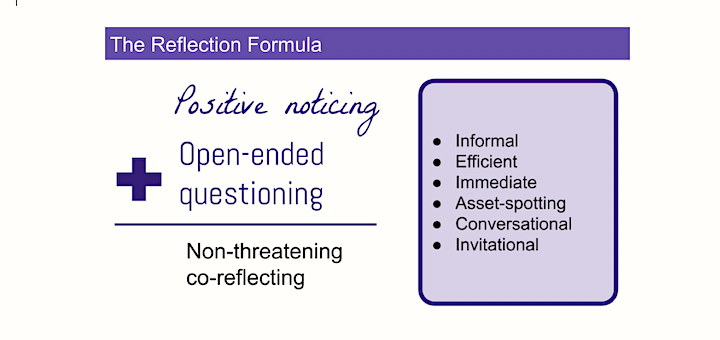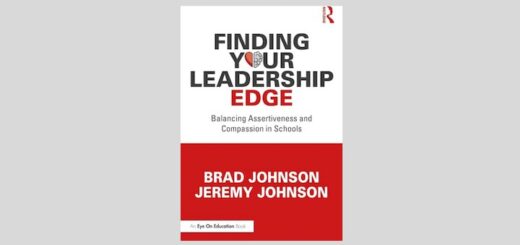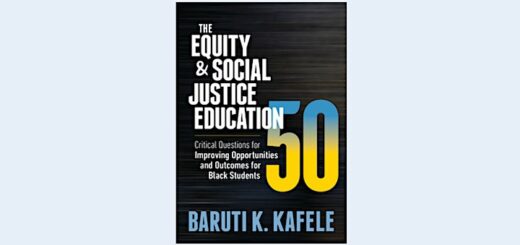Teaching and learning in grades 4-8
The rapid expansion of largely unfettered social media and its impact during the last several election cycles are finally stirring some serious conversation about making media literacy a curriculum priority. Let’s stop the brain-hacking of our students, says expert Frank Baker.
This year’s whirlwind of factors impacting schools has left educators absolutely exhausted. Consultants Ron Williamson and Barbara R. Blackburn share ways leaders can support their staff (and themselves) to achieve work-life balance in anticipation of the next school year.
Tween and YA books are more dynamic than ever and offer readers avenues for pleasure, reflection, adventure, and emotional engagement, writes Lynne Dorfman. Many choices are also “socially conscious” and deserve a prime spot in class libraries. She has gr4-8 ideas!
The school year is winding down and the prescribed math curriculum is in its final pages. A perfect time for NBCT Kathleen Palmieri to offer her fifth graders activities that use the magic of math to help review concepts and skills and encourage mathematical conversations.
Math Curriculum for Gifted Students (Grade 6): Lessons, Activities and Extensions is a great resource for pull-out math and afterschool enrichment, differentiation in the regular or gifted classroom, and more, writes middle grades Exceptional Student educator Laura Von Staden.
If getting feedback from students is an effective practice, why not ask for feedback from our teaching partners? Language specialist and co-teacher Tan Huynh describes formal and informal co-reflecting, outlines useful topics, and provides several co-reflection protocols.
How do we give students the key to success in school? In every aspect of assessment, teachers engage and empower them by offering opportunities for student voice, choice, self-assessment and self-reporting, writes ASCD bestselling author and school leader Myron Dueck.
Michelle Russell typically has her classes do an end of the year survey. 2020-21 was unique and she knew her survey needed to be different, too. After sharing some of her students’ feelings and insights, Russell highlights lessons she’s learned and actions she’ll take.
Helen Keller was real, despite what some TikTok’ers posted in 2021. Help history students uncover and affirm actual history using gaming techniques to spur engagement. Rochelle Melander shares how she has tweaked research to include questing with allies, power-ups and more.
Discover solutions to common class and school challenges in Education Write Now, Volume III, which brings together the expertise of ten writers. It’s a perfect book for right now as teachers deal with extra stress and search for quick and effective solutions, writes Linda Biondi.

